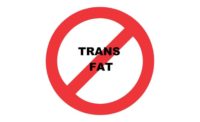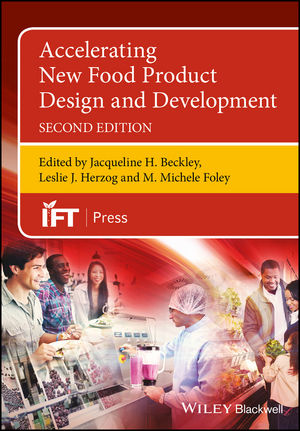Ingredients News:
Understanding ‘natural’ trans-fats
New research reveals that not all trans-fats are created equal. More evidence suggests that industrial trans-fats are one of the major threats to health, according to Dr. Spencer Proctor, director of the Metabolic and Cardiovascular Diseases Laboratory at the University of Alberta in Canada. But research has uncovered new knowledge of a separate family of "natural trans-fats" in meat and milk from ruminant animals that aren’t harmful and may, in fact, have health-enhancing potential.
A new website—www.naturaltransfats.ca—is designed to help consumers navigate their questions about trans-fats. It will also be expanded to include special sections for scientists, educators, nutritionists and health professionals, all updated regularly as pioneering science in this area progresses.
"We are at a point with the science where there is important information to deliver to the consumer on natural trans-fats and how they are different from the 'bad' trans-fats they have so often heard about," says Proctor, a leading researcher on natural trans-fats and a science adviser to the new website. "The aim of the website is to help consumers and nutrition advocates recognize the difference between industrial and natural trans-fats and [understand] what this means for their health and for making good food and dietary choices. Over time, it will also include more in-depth information for people involved in interpreting the science and providing nutritional and health advice."
“Natural” trans-fats are a natural part of milk and meat from ruminant animals, such as dairy and beef cattle, bison, goats and sheep. "These fats are not a health concern as part of a healthy, balanced diet," says Proctor.
Widely viewed as a health concern, trans-fats have taken a bad rap they might not entirely deserve, just like “good” and “bad” cholesterol. The new knowledge should be welcome news for consumers who enjoy meat and milk products from ruminant animals, Proctor says. "Through efforts such as the new website, it will become easier to recognize the difference between good and bad trans-fats."
Source: www.eurekalert.org
Looking for a reprint of this article?
From high-res PDFs to custom plaques, order your copy today!







